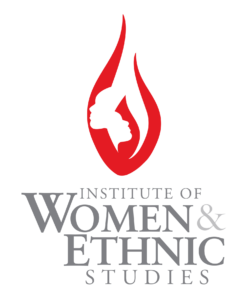
“Two Years at IWES”
by Pooja Talati
Approaching the two-year anniversary of my time at the Institute of Women and Ethnic Studies with their Maternal and Child Health team, I’ve been reflecting on the things I’ve learned and how my understanding of healthcare has expanded through this experience. At the beginning of this internship, I was unaware of the different birthing options available to birthing individuals outside of hospital births. I was also unaware of the need for access to these additional birthing options for many people and the lack of support that underserved and under-resourced populations received during the birthing process. I did not realize how limiting barriers to access could be for community members in New Orleans until I began reading the transcripts of women interviewed about their birthing experiences, ranging from breastfeeding support to experiences with infants in the Neonatal Intensive Care Unit. As I’ve continued my journey into reproductive health, I’ve also learned more about the systems set in place to support birthing individuals outside of hospital care and the ways that these systems need to be improved or expanded. I can certainly say I’ve grown both personally and professionally in this role, and I look forward to bringing my experiences and newfound knowledge with me as I pursue a career as a physician.
If you’ve read any of my previous blog posts, you may have noticed me mention working on several manuscripts for journal articles reflecting the data and analyses we’ve drawn from our interviews. I can happily say that I’ve finished the first draft of our manuscript about breastfeeding experiences, after months of work and data compilation. I’m eager to share our work with friends and co-workers, as well as the Greater New Orleans community, in the hope that others can educate themselves on alternative birthing options and support systems and identify improvements that can be made in the New Orleans maternal and child health community.
I wanted to thank Meshawn Tarver, my internship supervisor, and the Maternal and Child Health team at the Institute of Women and Ethnic Studies for allowing me to work alongside them on this study and learn more about an area of healthcare I previously was unfamiliar with. I’d also like to thank Dr. Daniel and the Newcomb Institute’s Reproductive Rights and Reproductive Health Internship program for supporting me for the last two years through this endeavor. Next semester, I’ll be moving with Meshwan to the New Orleans Department of Public Health; although I’m sad to leave IWES, I’m excited to spend more time learning about the field of public health and how the government works to improve the health of the local community.
